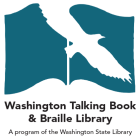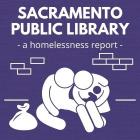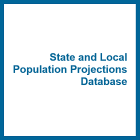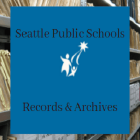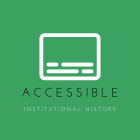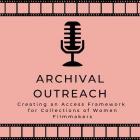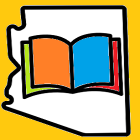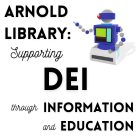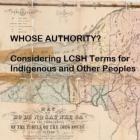
Whose Authority? Considering Library of Congress Subject Headings for Indigenous and Other Peoples
Library of Congress Subject Headings perpetuate the biases of the sources used to establish them. For Indigenous and other peoples, standard research practices using written reference sources may result in subject terms that do not reflect what people call themselves or wish to be called. Changing our approach to gathering and prioritizing information can result in more ethical and accurate representation of people and peoples in library catalogs.


